
 One of the few social issues where agreement crosses party lines is the unpopularity of undocumented immigrants. Laura S. Hussey and Shanna Pearson-Merkowitz argue that while Republicans tend to be against social welfare programs regardless of the recipients, Democrats’ support for such programs depends on their feelings about the groups that will benefit. They find that Democrats with the most unfavorable feelings toward undocumented immigrants are 20 percent more likely to oppose implementing welfare policies such as a national health insurance program, than are pro-immigrant Democrats.
One of the few social issues where agreement crosses party lines is the unpopularity of undocumented immigrants. Laura S. Hussey and Shanna Pearson-Merkowitz argue that while Republicans tend to be against social welfare programs regardless of the recipients, Democrats’ support for such programs depends on their feelings about the groups that will benefit. They find that Democrats with the most unfavorable feelings toward undocumented immigrants are 20 percent more likely to oppose implementing welfare policies such as a national health insurance program, than are pro-immigrant Democrats.
One of the most memorable moments of the 2009-2010 American health care reform debates occurred when Representative Joe Wilson interrupted a nationally televised presidential speech to Congress with the words, “You lie!” President Barack Obama had been trying to win support for his ideas about how to ensure that nearly every American had health insurance. What provoked Rep. Wilson’s outburst was the President’s statement that his plan would not subsidize insurance for undocumented immigrants.
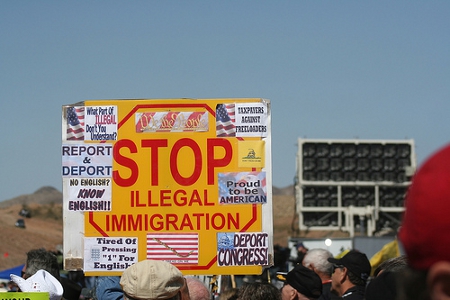
There are good reasons why a Democratic president would use a high-profile speech to assure Americans that undocumented immigrants would not benefit from a social welfare expansion. These same reasons explain why an opponent of that expansion (Rep. Wilson) would want to throw that assurance in doubt. Immigration issues have long cut across America’s partisan divide, and have frequently surfaced as wedge issues in social welfare debates. The public tends to see undocumented immigrants as abusers of public benefits and the social safety net. More generally, Americans’ support for social programs often depends on their perceptions about who is likely to benefit. Our research shows that attitudes about undocumented immigrants are related to public opinion on welfare spending and national health insurance, but only among Democrats. As a result, antipathy toward undocumented immigrants risks fracturing support for social welfare among those who identify as Democrats.
Undocumented immigrants are deeply unpopular with the American public regardless of which political party they identify with. Americans polled as part of the 2004 and 2008 American National Election Studies were asked to rate their feelings toward “illegal immigrants” (the exact wording used) on a scale of 0-100 where 0 indicated very unfavorable feelings and 100 very favorable. On average, the public rated illegal immigrants at 40. This makes illegal immigrants the most disliked of the 36 social groups the survey asks about. While Democrats’ average rating of illegal immigrants (46 degrees) is somewhat higher than Republicans’ average rating (32 degrees), as Figure 1 shows, both ratings fall on the unfavorable end of the scale.
Figure 1 – Americans’ average ratings of “illegal immigrants” and other groups on 0-100 scale
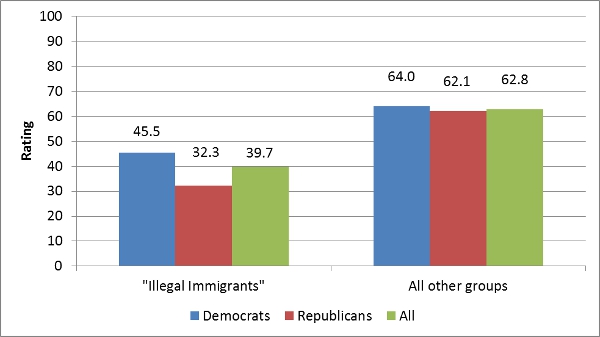
Figure 2 shows how Democrats and Republicans responded to the question, “Should federal spending on welfare programs be increased, decreased, or kept about the same?” on the same national survey. Clearly, Democrats and Republicans have very different ideas about how much social welfare the federal government should provide. There is a range within each party, however, and the differences in the way Democrats respond to this question are related to their feelings toward undocumented immigrants.
Figure 2 – Americans’ preferences about federal spending on “welfare programs.”
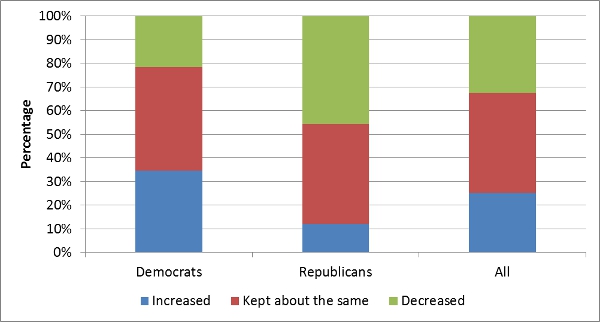
Figure 3 shows the likelihood that Democratic respondents will answer that federal spending on welfare programs should be either “increased” or “decreased” as their attitudes about undocumented immigrants change. The chart is based on a statistical model that allows us to estimate how well attitudes about undocumented immigrants explain welfare spending preferences after we take into account differences in individuals’ demographic and socioeconomic characteristics, their ideological identification, and their ideas about equality and the role of government. The chart shows that Democrats are more likely to say that welfare spending should be increased than they are to say that welfare spending should be decreased. But this is not the case for those Democrats expressing especially negative attitudes toward undocumented immigrants. These Democrats are more likely to say that welfare spending should be decreased.
Figure 3 – Democrats’ Welfare Spending Preferences
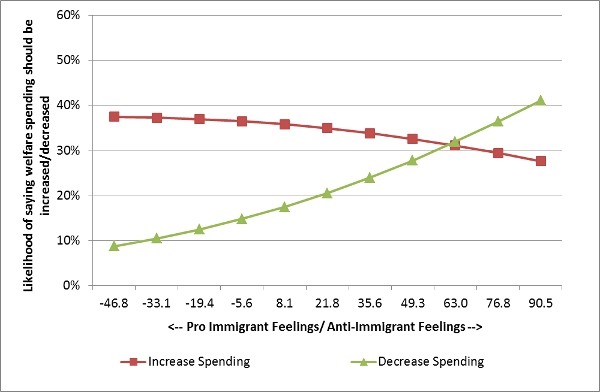
Note: Numbers on the horizontal axis mark how much lower a survey taker rated “illegal immigrants” relative to his or her average rating of all other groups on a 0-100 scale. These values are positive when the average rating of all other groups is higher than the rating of undocumented immigrants.
Figure 4 shows Republicans’ attitudes about welfare spending as a function of anti-immigrant feelings. It tells us that what we might call the average Republican is very unlikely to want to increase welfare spending, regardless of his or her feelings about undocumented immigrants.
Figure 4 – Republicans’ Welfare Spending Preferences
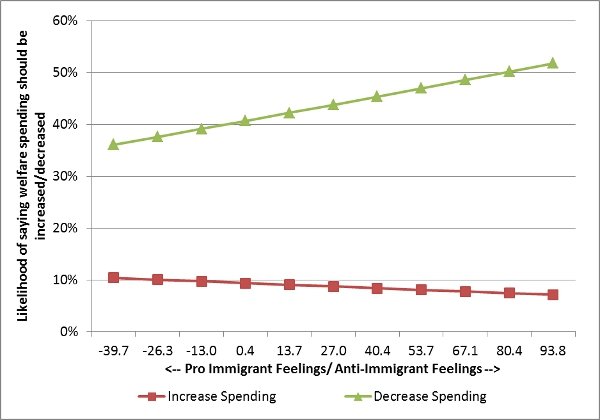
Note: Numbers on the horizontal axis mark how much lower a survey taker rated “illegal immigrants” relative to his or her average rating of all other groups on a 0-100 scale. These values are positive when the average rating of all other groups is higher than the rating of undocumented immigrants.
We also investigated this same relationship with regard to national health insurance. The average Republican is, not surprisingly, more likely to oppose national health insurance than the average Democrat. But among Republicans, feelings toward undocumented immigrants do not appear to be related to differences of opinion about policies like Obamacare. For Democrats, however, the likelihood of opposing national health insurance clearly changes as feelings toward undocumented immigrants change. A Democrat with the most unfavorable feelings toward undocumented immigrants is 20 percentage points more likely to oppose implementing a national health insurance program than a Democrat with the most pro-immigrant feelings.
Figure 5 – Likelihood of Opposition to National Health Insurance
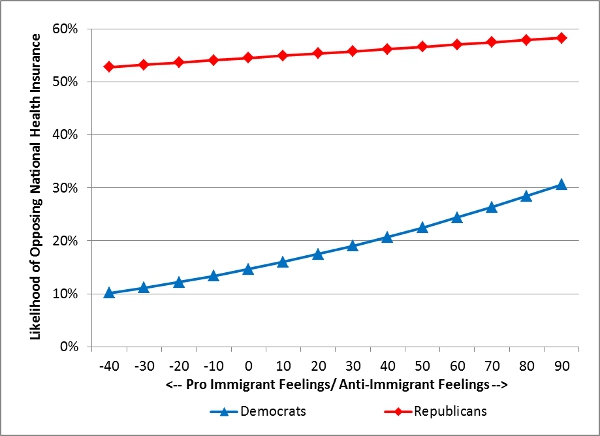
Note: Numbers on the horizontal axis mark how much lower a survey taker rated “illegal immigrants” relative to his or her average rating of all other groups on a 0-100 scale. These values are positive when the average rating of all other groups is higher than the rating of undocumented immigrants.
Why are attitudes about undocumented immigrants related to support for welfare and national health insurance among Democrats, but not among Republicans? We think this has to do with Democratic and Republican predispositions toward social welfare and the strength of the reasons American political discourse offers to citizens for breaking with those predispositions. Since the parties are best known for their differing views on social welfare and the role of government, citizens who identify with the Republican Party are likely to be predisposed against social welfare programs, regardless of who the intended recipients are. For Republicans, negativity toward illegal immigrants only reinforces anti-welfare predispositions.
Democrats face a different scenario. In general, Democrats are predisposed to support social programs. However, when they come to think that the group that will benefit from a program is a group they do not like, that predisposition is challenged.
While more research is needed, the differences we observe among Democrats and Republicans might also suggest partisan differences in the bases on which citizens evaluate social programs. Our research shows that differences in Republican support for welfare are most strongly related to ideology and ideas about equality and the government’s role in the economy. These are less powerful for Democrats. Democrats instead may be more likely to evaluate programs in terms of their feelings about the groups they think will benefit.
A key lesson of this research for American Democrats is that forging a consensus on social welfare expansions within their own party may require taking into account public antipathy toward undocumented immigrants. The health care reform experience shows this is a lesson some Democratic leaders already understand. Certainly the Republican Party understands that it is a potential problem for Democrats. Nonetheless, the intersecting politics of immigration and social welfare may complicate health care reform implementation, ongoing congressional debate of major immigration reform, and future attempts at social welfare expansion. While public projection of anti- (illegal) immigrant sentiment onto social welfare programs may not totally derail expansion, as the health care reform experience also shows, it is likely to constrain policymakers’ options and to result in both delays and drama.
This post is based on the article ‘The Changing Role of Race in Social Welfare Attitude Formation: Partisan Divides over Undocumented Immigrants and Social Welfare Policy’ in Political Research Quarterly.
Please read our comments policy before commenting.
Note: This article gives the views of the author, and not the position of USApp– American Politics and Policy, nor of the London School of Economics.
Shortened URL for this post: http://bit.ly/17WRYMP
_________________________________________
 Laura Hussey – University of Maryland, Baltimore County
Laura Hussey – University of Maryland, Baltimore County
Laura Hussey is an assistant professor of political science at the University of Maryland, Baltimore County (UMBC). She is interested in social problem-solving and the politics of policy issues. Her research has been published in Public Opinion Quarterly, Political Research Quarterly, American Politics Research, and elsewhere.
_
 Shanna Pearson-Merkowitz – University of Rhode Island
Shanna Pearson-Merkowitz – University of Rhode Island
Shanna Pearson-Merkowitz is an assistant professor at the University of Rhode Island. Her academic work has been published in the Journal of Politics, the American Journal of Political Science, State Politics and Policy Quarterly, and elsewhere. Prior to entering academia, she worked in state and local government and electoral campaigns.



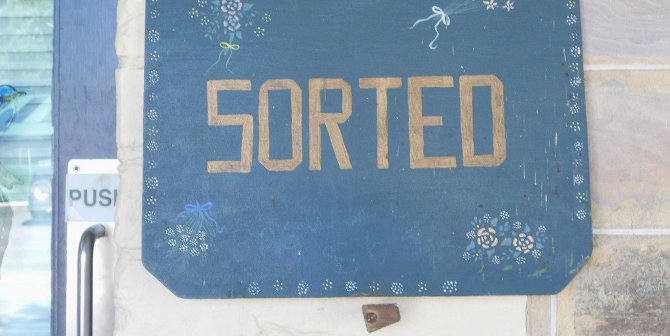
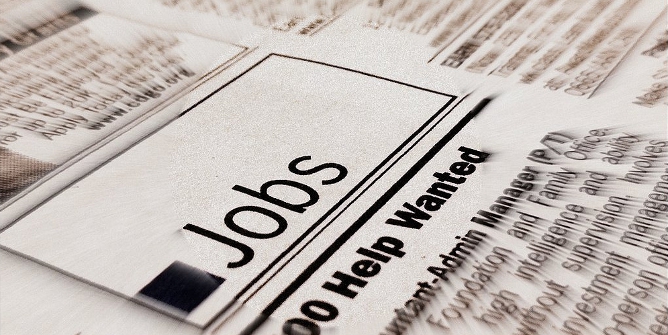

First and foremost, this article fails to incorporate rule of illegal immigrants in the party’s future, as the Democrats wish to legalize so-called “undocumented immigrants (as the late Charlton Heston said, “Political correctness is tyranny with manners”, thus I will henceforth refer to them as illegal immigrants) and give them the right to vote. Comedian Jay Leno once stated that illegal immigrants should be known as “undocumented Democrats”. Indeed, the Democrats wish to pass Obamacare fulling knowing that expanded coverage will entrap illegals into a vicious cycle of government dependency, and therefore increase Democratic voter turnout within the newly “legalized” populations. The Democrats who oppose illegal immigrants simply have not gotten the memo, as thus should not be taken seriously. Democrats, as a majority, will always support governmental financial slavery…cough…I mean governmental welfare. There is no need to worry; healthcare reform will get passed and illegal immigrants will usher in a new era of Democratic rule by rendering Texas and other red states with large Latino populations blue states. I applaud your collective efforts to begin the reign of terror.